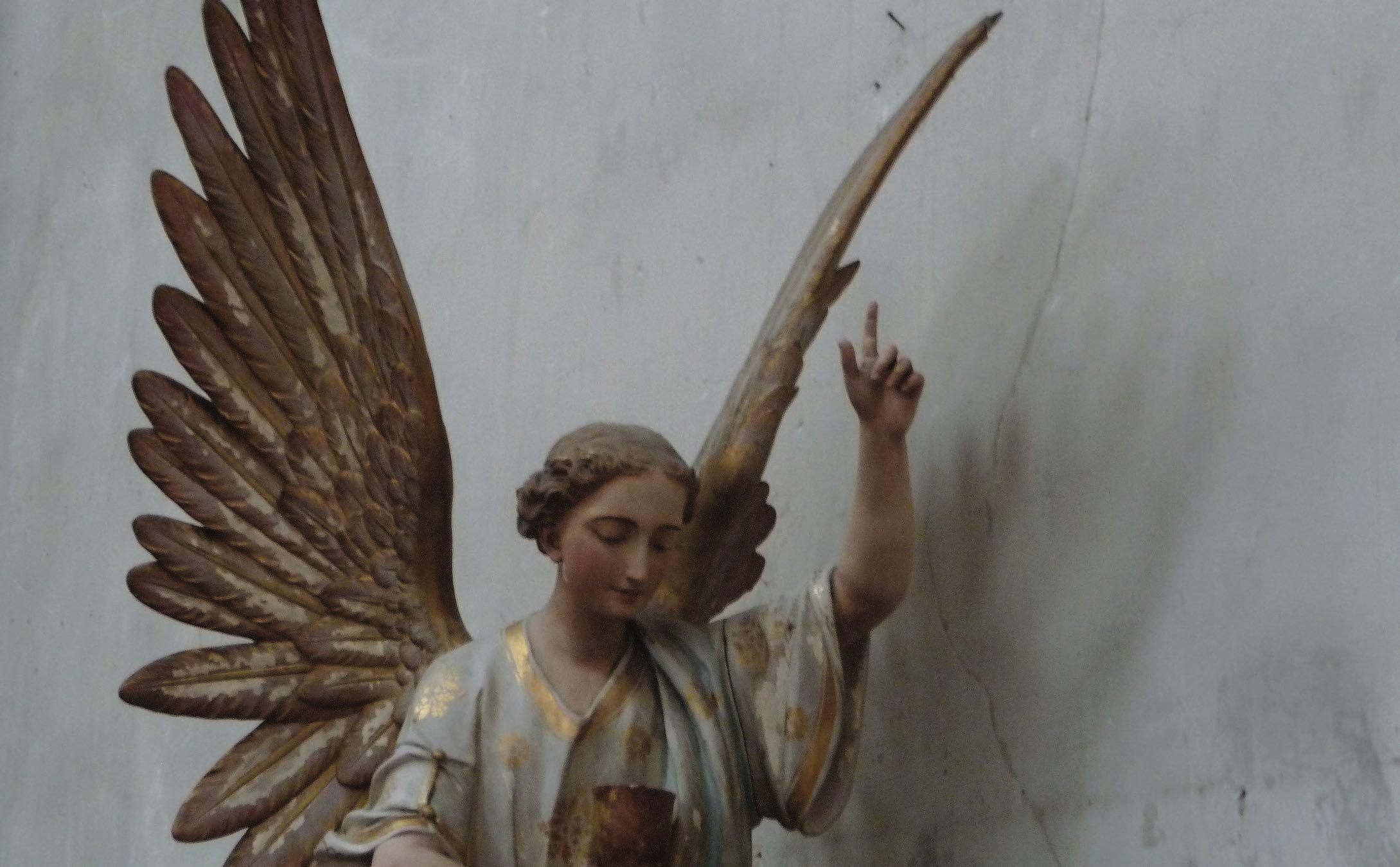
"If men were angels, no government would be necessary. If angels were to govern men, neither external nor internal controls on government would be necessary. In framing a government which is to be administered by men over men [...] you must first enable the government to control the governed; and in the next place oblige it to control itself."
(James Madison and Alexander Hamilton, Federalist Papers)
We are tribal in our political and moral thinking, and project our deficiencies onto others. We rarely live up to our ideals. We are susceptible to motivated reasoning: evaluating evidence in a biased way to arrive at our favored conclusion. We confabulate about our motives and beliefs. This isn't to deny that people can be loving, generous, and self-sacrificing, but to emphasize the dark side of human nature.
Many political philosophers argue that bad citizens make the state a necessity. If we were saints, the state would be unnecessary: people would be good citizens because they recognized it was the right thing to do - there would be no need for state violence to enforce the good. However, we do need the state to protect our right to property, rectify wrongdoing, enforce contracts, take care of the sick and aged, and so forth. The need for the state is thus largely because of individuals who disregard justice murder, theft, and assault are not the fruits of justice. On the flip side, it should be clear why morally perfect citizens wouldn't need a state: they would be willing to do what's right, help each other without fear of exploitation, and so forth. The need for the state amply testifies to the human moral shortcomings.
Introducing Moral Mediocrity
This story is from the {{IssueName}} edition of {{MagazineName}}.
Start your 7-day Magzter GOLD free trial to access thousands of curated premium stories, and 9,000+ magazines and newspapers.
Already a subscriber ? Sign In
This story is from the {{IssueName}} edition of {{MagazineName}}.
Start your 7-day Magzter GOLD free trial to access thousands of curated premium stories, and 9,000+ magazines and newspapers.
Already a subscriber? Sign In

Metaphors & Creativity
Ignacio Gonzalez-Martinez has a flash of inspiration about the role metaphors play in creative thought.

Medieval Islam & the Nature of God
Musa Mumtaz meditates on two maverick medieval Muslim metaphysicians.

Robert Stern
talks with AmirAli Maleki about philosophy in general, and Kant and Hegel in particular.

Volney (1757-1820)
John P. Irish travels the path of a revolutionary mind.

IT'S A WONDERFUL LIFE
Becky Lee Meadows considers questions of guilt, innocence, and despair in this classic Christmas movie.

"I refute it thus"
Raymond Tallis kicks immaterialism into touch.

Cave Girl Principles
Larry Chan takes us back to the dawn of thought.

A God of Limited Power
Philip Goff grasps hold of the problem of evil and comes up with a novel solution.

A Critique of Pure Atheism
Andrew Likoudis questions the basis of some popular atheist arguments.

Exploring Atheism
Amrit Pathak gives us a run-down of the foundations of modern atheism.